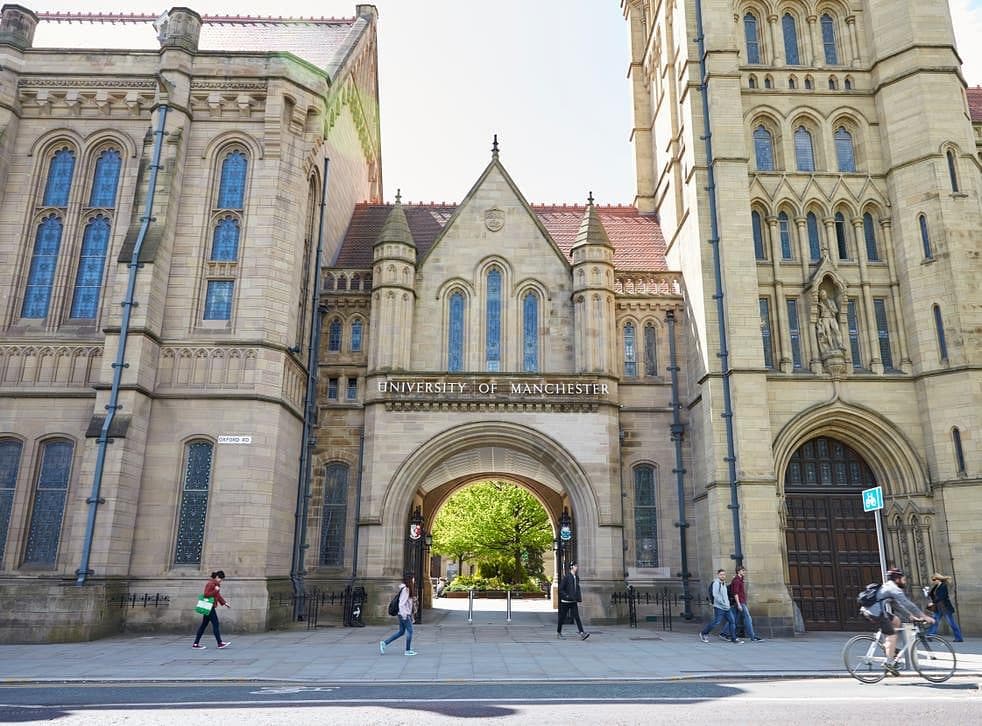Our MSc Tissue Engineering for Regenerative Medicine course gives students from biological, engineering and/or medical-related backgrounds the specialist knowledge and research skills to pursue a career in this field.
You will focus on strategies to repair, replace and regenerate various tissues and organs to solve major clinical problems, gaining insights into topical issues including stem cells, design and characterisation of biomaterials and nanomaterials (including graphene), biofabrication (including 3D bioprinting), cell and gene therapies, commercialisation and clinical translation of regenerative therapies. You will learn how to identify major clinical needs and formulate novel therapeutic solutions.
This course has both taught and research components and is suitable for those with little or no previous research experience. You will learn practical skills through both taught modules and a 25-week research project.
Tissue engineering and regenerative medicine as a discipline shows enormous potential for future health and, economically, there is a national demand for specific interdisciplinary training in this area.
We have a vast research network in this field comprising international experts from multiple disciplines and, as such, this course is a collaborative degree from the Faculty of Biology, Medicine and Health and the Faculty of Science and Engineering.
Teaching and learning
This course is structured around taught elements and research projects, with an emphasis on the research-based element.
You will gain hands-on research experience through both the laboratory skills unit and research placements in tissue engineering/regenerative medicine-focused laboratories at the University lasting 25 weeks.
The course comprises five compulsory components:
-
research methods course unit - 15 credits;
-
tutorial course unit - 15 credits;
-
masterclass course unit - 15 credits;
-
laboratory skills course unit - 15 credits;
-
research placements: Part 1 - literature review and project proposal (30 credits). Part 2 - a 25-week project including practical work, oral presentation and final dissertation, and an assessment of research performance (90 credits).
You will experience the interdisciplinary nature of the field during the course and gradually increase the depth and complexity of your research through the masterclass unit.
Each project is written up and assessed separately when submitted during the year.
You will be allocated an advisor and a personal logbook is introduced at the start of the programme to monitor progress through the course and assess learning and career objectives.
Research placements
The research placements are the largest component of the course and aim to give you the specialist knowledge and practical skills to pursue a research career in tissue engineering and regenerative medicine, as well as develop your practical research expertise in a chosen area and enhance your ability to analyse and interpret data and summarise your findings in the form of written reports and an oral presentation.
The first placement runs alongside the taught units in Semester 1 and involves writing a comprehensive literature review and formulating a research project proposal. The second placement (25 weeks) runs concurrently with the tutorial course unit for the first part, but is full-time thereafter. It involves hands-on research and integration within a research team. The project is assessed by oral presentation at an end of year symposium, research performance and by submission of a dissertation.
You will choose from a list of research projects (see sample research projects ) and supervisors. Close interaction with the project supervisor at the start of the project and regular monitoring allows you to take responsibility for your own research development. The development of an interactive supervisory/student arrangement is often a useful grounding for future PhD collaboration.
